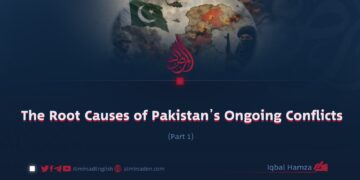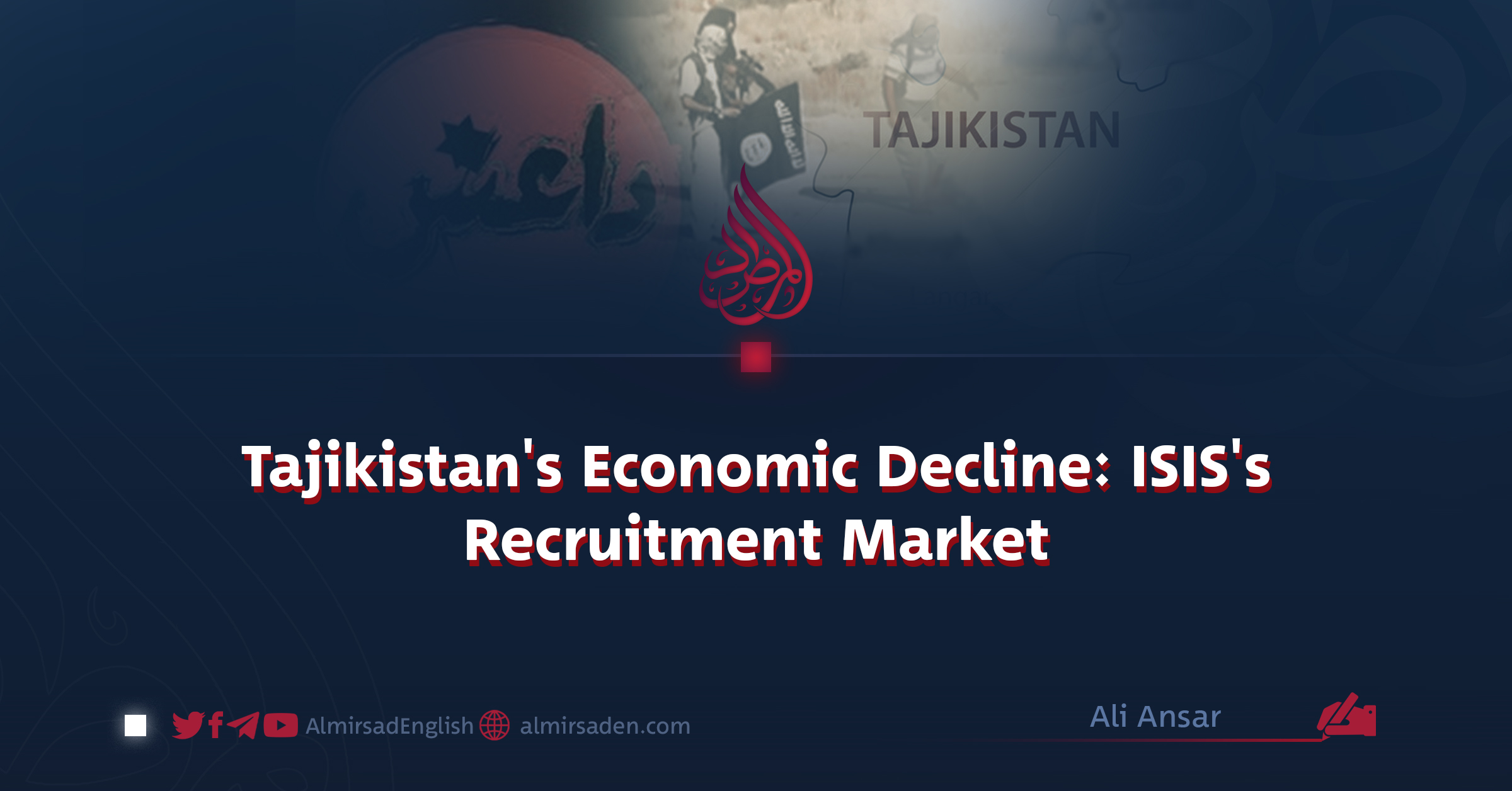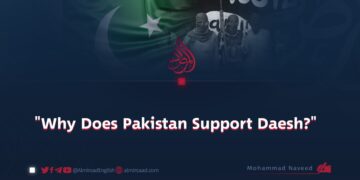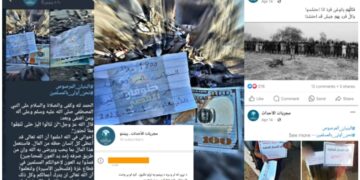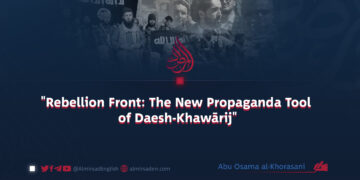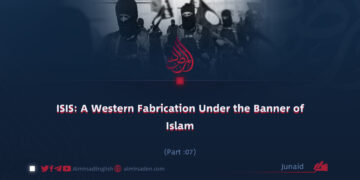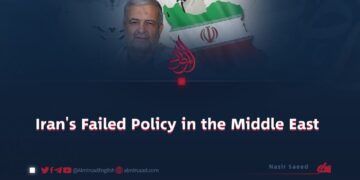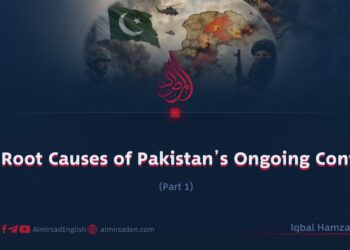Written by: Ali Ansar
The necessities of life, mental health challenges, and economic crises are factors that drive individuals towards severe, immoral, and unlawful actions. In the absence of resources and opportunities, survival becomes nearly unattainable, as life and the world are intricately linked with provisions. A person’s capacity to comprehend truths and adhere to proper courses of action is directly linked to their psychological, economic, and intellectual stability. However, when life’s adversities overpower them, individuals may disregard realities and turn to any means—lawful or unlawful—to achieve their objectives.
These fluctuations are an intrinsic part of life. However, the individuals who exploit human vulnerabilities, capitalize on their desperation, and compel them into unethical actions are considered unfortunate. ISIS exemplifies such a group—lacking humanity, compassion, or empathy.
Tajikistan is recognized as one of the world’s most unstable, impoverished, and precarious nations, where the economy, education, religious freedoms, and human priorities are regressing. Instead, poverty, unemployment, and political and economic crises have reached alarming levels.
A significant number of Tajik citizens engage in manual labor in European nations due to the lack of investors, an organized governmental structure, and effective collaboration between business figures and government authorities in their homeland. These deficiencies have driven numerous Tajik nationals to affiliate with ISIS in exchange for monetary compensation. ISIS extends financial inducements to Tajiks in exchange for their involvement.
The ISIS Khorasan branch predominantly comprises Tajik nationals. A report by The New York Times underscores that nearly half of the members of the Khorasan branch are Tajiks. From 2014 to 2019, over 2,000 Tajiks enlisted with ISIS in Syria and Iraq. Tajik individuals have been consistently tied to ISIS-led assaults in Moscow, Afghanistan, and other neighboring countries. Apprehended individuals acknowledge that desperation impelled them to accept ISIS’s lucrative financial incentives and enlist in their ranks.
Tajikistan’s top administrative institutions are deeply entrenched in corruption. Bribery, theft, and embezzlement have become their defining characteristics, which is why the country is increasingly deteriorating. Instead of creating job opportunities for their citizens and reducing poverty, the country’s leaders are focused on personal wealth accumulation.
Poverty does not solely compel Tajik nationals towards ISIS. Systemic oppression and religious constraints also play a pivotal role in encouraging young individuals to affiliate with the organization. ISIS lures these youths by promising religious freedom, a strong Islamic ideology, and a global caliphate. Young, impressionable individuals are easily deceived and join their ranks.
Beyond poverty, oppression, and religious restrictions, dictatorship is another major factor driving Tajiks toward ISIS. From 1992 to 1997, Tajikistan fought against an Islamic liberation movement. Although the movement ended the conflict, it was declared illegal in 2015, and its leaders were arrested or killed. Tajikistan’s current president, Emomali Rahmon, has been in power since 1994 and intends to remain president indefinitely.
In conclusion, the absence of a robust ideological framework serves as a significant factor contributing to the downfall of extremist factions like ISIS. The majority of their members, including those originating from Tajikistan, enlist for financial gain, status, or other personal incentives rather than a substantial belief system. This inherent weakness will continue to lead such groups toward decline.













